Translated from the French by Patrick Williamson
While Dreaming While Writing
The river goes on and on descending motionless and we are forever
asking ourselves about the meaning of
this drift whereas we see the movement
impedes the journey. Do we know any
more than a fragment of night? We walk
against the flow of time to check
whether the past is not led astray, we
trace smoke
signals in the air to forsake our illusions
to entrust us to the river, to spell the
names
of trees which mark out our future. The
light passes right through us even in
agony
it knows apotheosis, have compassion
for those who revive its presence they’ll burn
between stones and the sand.
Beyond the horizon, there is again the horizon, this unceasing line this inaccessible point which
allows us to reach the end of the journey beyond perhaps. We can only speak of what
lasts. The words brush over grass flattened against earth, waters seeking a river after
that we no longer suspect anything; shadows, darkness, spindrift, we reroute
the winds in our walks of sand, our life of salt, to take root in a time that passes
through openwork. What can we offer this earth in exchange for an inconsequential death? The weight of
things, stone, rain, the river forgetful of its banks. Each season gathers a small part of
our life riddled by air and frost and, turning our back on our shadow,
we risk disappearing like imprudent people treading on ice that caves in.
We measure what separates us from a barely-inhabited country. These reference points,
that muddled space reminds us of sleepy fires in the night. We ready to follow
a path that seesaws between emptiness and forest. We seek a sovereign to give
memory asylum, and shelter our voices from spring tides. Then light arrives, a thin
grey wall of mist, as if the air itself had risen out of damp, and hung before us, solid as
a cliff, that constant roar that is the bottom line, a thrust and slump
echoing under our feet.
add tenderness to sail by dead reckoning. The sky is vast, and drives us forward. Weapons buried, fleeces ripped off the flock, we abandon ourselves to incoherence by weaving in the air words which delight us and, in our elation, we squander this friable slice of words between existence and death where sand and waters cover up our footsteps. The gods welcome us when we dawdle on remote roads, and watch over what is no longer. We think we recognise them in spite of everything, the light reminding us of earlier worlds we freed ourselves from, our silence, enclosed in the pit of a world where birth and death no longer have their place.
[…]
Let us set off again to alter our journey, to rapidly do it justice, to swear allegiance to those gathered too soon, who, out of gratitude, postpone their flight. Our eyes close to images which fade all too soon. Our steps disturb the insects, the stones and the leaves. We have to dig deep into the wood to discover the peace of the forest. We know time wears itself out trying to write its name. The water at the river’s edge does not change. The words, the silence balance out the day.
We conceal ourselves below the shadow enclosed in a country of indefinite colours. We gather water from the coming rains in our hands. Let’s keep on our guard. Rain in this season heralds the coming floods, bridges swept away, dreams broken outright. Let’s make it a point of honour not to exclude the night further than the light demands. The coming dawn has this price. You haven’t been here before, but it’s where you’re meant to be.
[…]
Translator’s note-
I first met Alhau back in the early 1990s, as we are both members of French translation journal La Traductière’s editorial committee. We have worked together on translations of his work over the years, some of which published in La Traductière and in an artists’ book for Editions Transignum. In the late 1990s, he asked me to translate En révant en écrivant (While dreaming, while writing) in order to send it to a publisher in India. The project did not come to fruition. The English poems published here are part of a larger transcreation project comprising 12 sections.
It is based on this translation of En révant en écrivant, plus a later unfinished translation of Sommeil du feu. The section “We add tenderness to sail by dead” and some of this commentary was recently published in Transference: Vol. 8: Iss. 1, Article 15. Available at: https://scholarworks.wmich.edu/transference/vol8/iss1/15
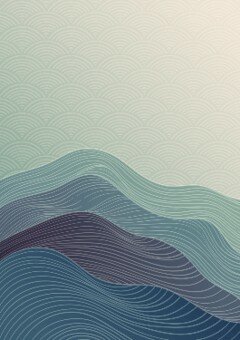
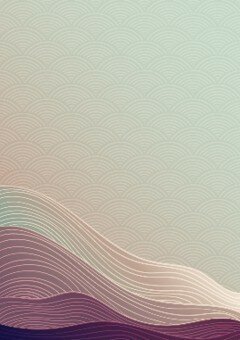
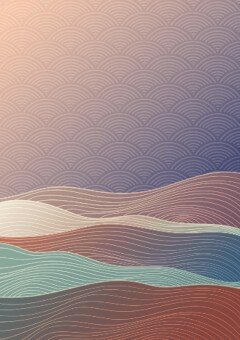
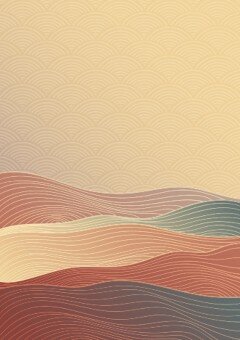
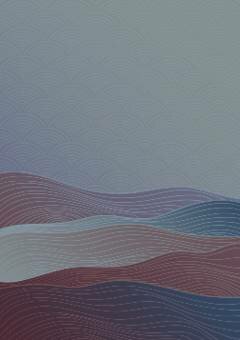

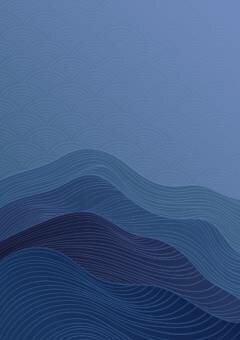





0 Comments